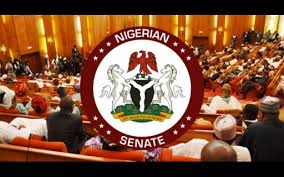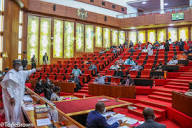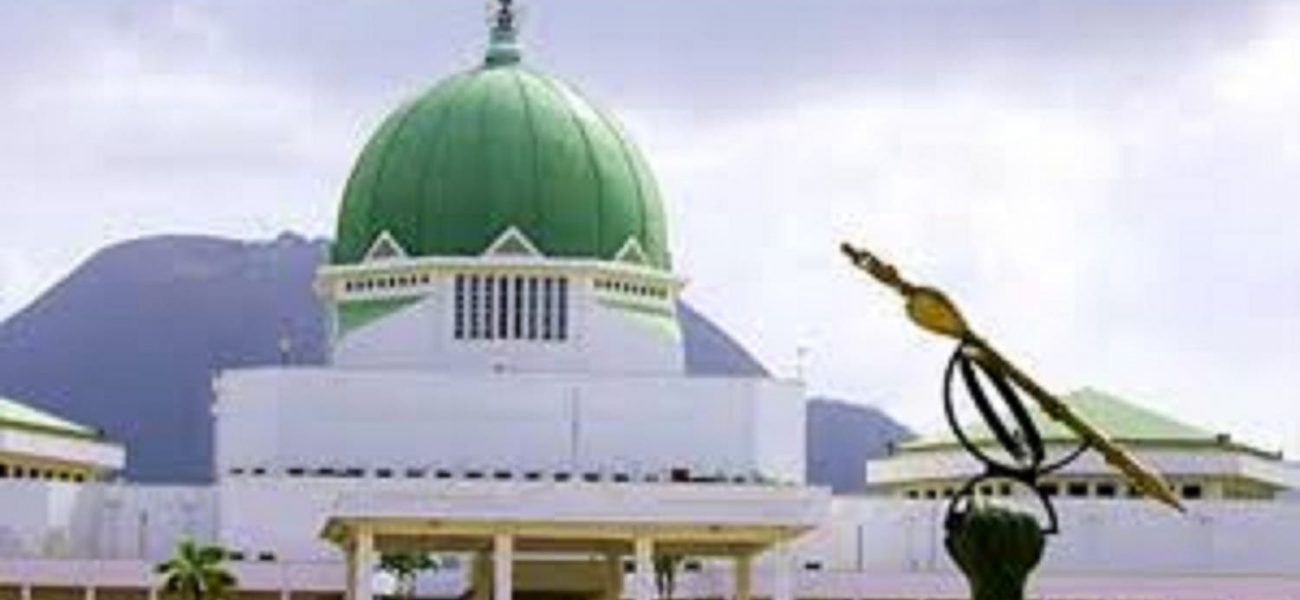***orders UniAbuja, FUTA, 5 others to refund N4.7bn mismanaged
The Senate has indicted the Abubkar Malami’s Ministry of Justice for inability to render details on how N10.4 billion judgement debt was disbursed to the beneficiaries.
The indictment followed consideration of 2017 and 2018 report of the Senate Public Accounts Committee (SPAC) chaired by Senator Mathew Uhroghide.
The panel ordered the Ministry to stop further disbursement of the Judgement debt as it ordered the committee responsible for the disbursement to be re-constituted and evidence forwarded to the Auditor General and Senate Panel within 30 days.
In another development, Senate also ordered University of Ilorin, University of Abuja, University of Uyo, Federal University, Birim Kebbi, Federal University, Lafia, Federal University, Wukari, Modibo Adams University of Technology, Yola and Federal University of Petroleum, Effurun to refund N4.7 billion mismanaged by the School Management.
The Auditor General’s reports for 2016 and 2017 indicted the seven universities which was upheld by Senate Public Accounts Committee and also considered and approved by the Senate.
The breakdown showed that University of Abuja mismanaged total of N1.3 billion in 2017, Federal University of Petroleum mismanaged N1.1 billion, University of Ilorin mismanaged b- N745 million, Federal University of Technology Akure (FUTA)- N467 million, Federal University, Wukari, N43 million, Federal University Dutsinma, Katsina – N141 million, Federal University, Lafia – N32 million.

The indictment has been considered and sustained by the Senate and will be forwarded to Secretary to Government of the Federation for further action.
On the Judgement debt, the auditor-General Anthony Ayine’s report stated that the committee saddled with the responsibility of managing the disbursement of judgement debt was dissolved in 2013.
It said that as at the time when the N10.4bn was disbursed by the Ministry of Justice in 2017, the committee had yet to be reconstituted.
The report stated that lack of control, as witnessed in the disbursement of the judgement debt, could lead to loss of public funds.
Ayine, in the report, recommended that the Solicitor-General of the Federation and permanent secretary in the Ministry of Justice should immediately constitute the committee as required by law.
The report reads in part, “Examination of the budget of the Federal Ministry of Justice revealed that the sum of N460.95m was appropriated for payment of judgment debts for 2016 and N10bn appropriated for 2017, totalling N10.46bn.
“Further examination revealed that the committee saddled with the responsibility of managing the fund was dissolved after the 2013 financial year and is yet to be reconstituted after the 2016 and 2017 appropriations.
“However, the ministry has been disbursing this sum without a committee in place. Lack of control could lead to loss of public funds.”
Judgement debt refers to money that a court of law orders the losing party to pay to the winning party. The parties in the case may either be an individual, a family, a company, an institution or a government.




